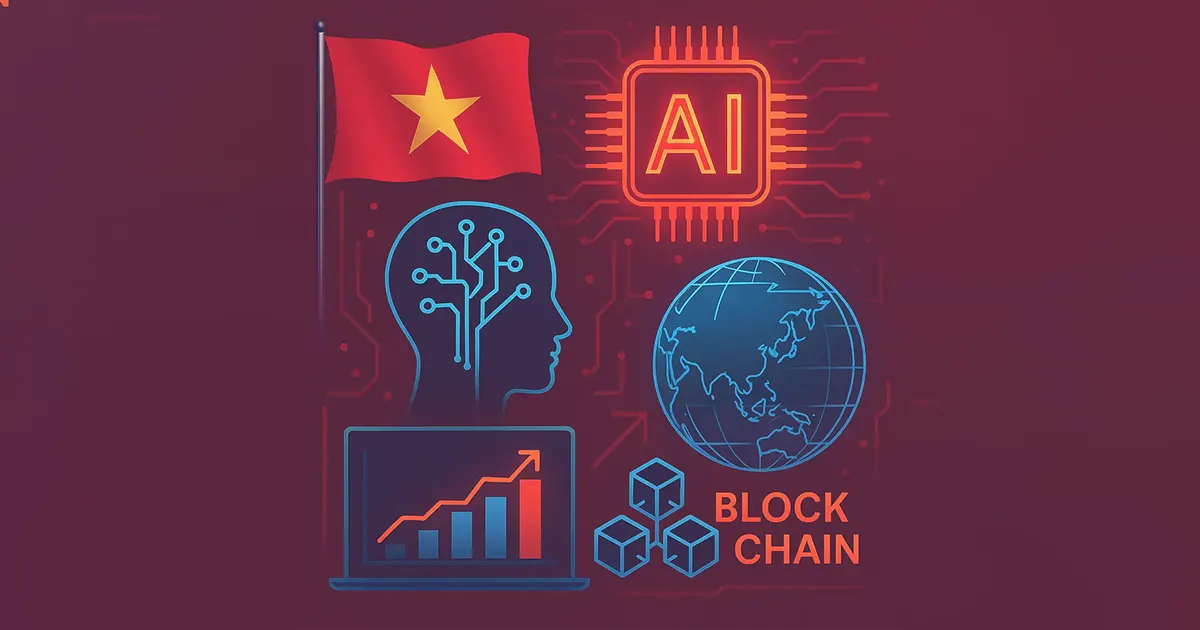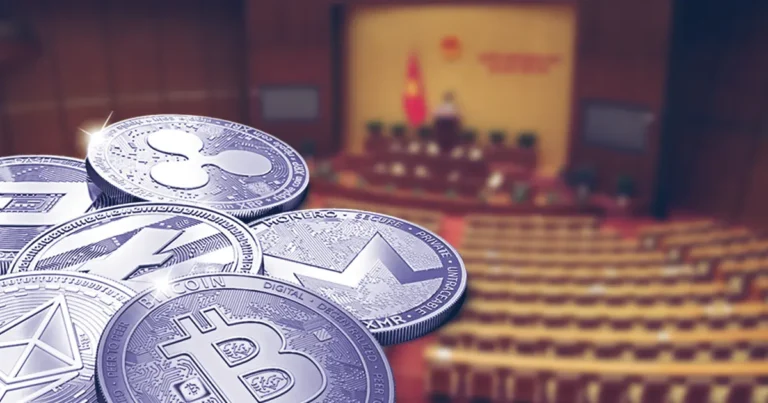16-6-2025 – Vietnam’s National Assembly on Saturday resoundingly endorsed groundbreaking legislation that not only legalises digital assets but also propels the nation into the vanguard of semiconductor manufacturing, artificial intelligence, and digital innovation. Garnering 441 votes from the 445 lawmakers present, the Law on Digital Technology Industry, set to take effect on 1 January 2026, positions Vietnam as a trailblazer, crafting a dedicated regulatory framework for digital assets distinct from conventional financial systems.
Defining digital assets under Vietnam’s new law
This transformative law delineates digital assets as blockchain-based products with clearly defined property rights under civil law, encompassing virtual assets for exchange or investment, crypto assets secured by encryption for creation and transfer, and other digital entities. Notably, it excludes securities and digital fiat representations, carving a precise niche for blockchain innovation. The legislation addresses a pressing issue that has driven Vietnamese crypto and tech firms to seek refuge in jurisdictions like Singapore, offering clarity that promises to repatriate economic benefits from the $105 billion in blockchain investments that flowed offshore in 2023-24, as reported by local media.

Vietnam’s crypto landscape has flourished despite prior regulatory ambiguity, with Chainalysis ranking it fifth globally for adoption in 2024. The new law aligns with the government’s ambitious 8% economic growth target, articulated by Prime Minister Pham Minh Chinh in March, when he urged the Ministry of Finance and the State Bank of Vietnam to expedite crypto regulations. Beyond digital assets, the legislation cements Vietnam’s aspiration to become a regional tech titan, targeting 150,000 digital technology enterprises by 2035—a quantum leap from current figures.

Tech ambitions: AI, semiconductors, and 150,000 digital firms by 2035
To fuel this vision, the law introduces sweeping incentives, including corporate income tax rates as low as 10% for 15 years for firms in semiconductors, AI, and digital infrastructure, alongside exemptions from import duties and land rental fees. Major projects, such as data centres exceeding $80 million or semiconductor facilities surpassing $160 million, qualify for “special” benefits, including a five-year personal income tax waiver for foreign experts. By prioritising semiconductor development, Vietnam aims to secure a pivotal role in the global supply chain, heralding a new era of technological sovereignty and economic dynamism.


